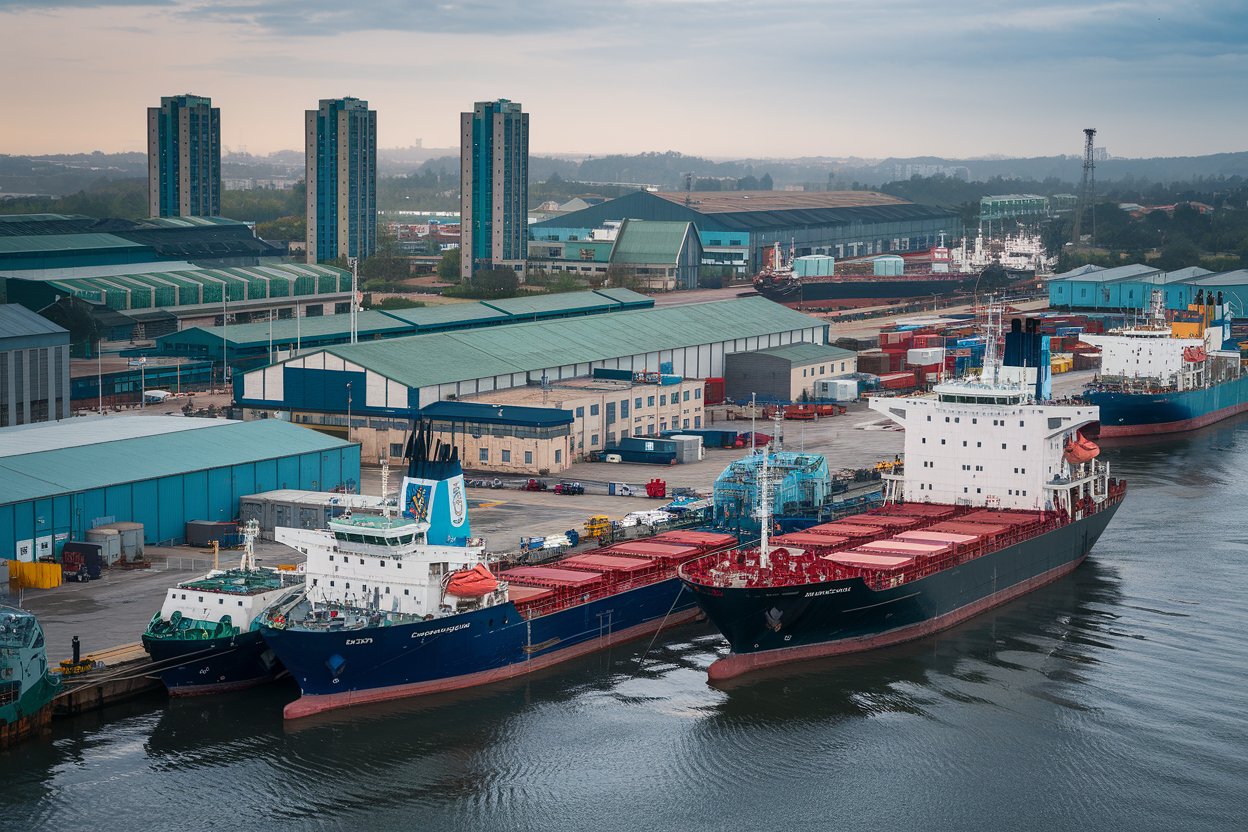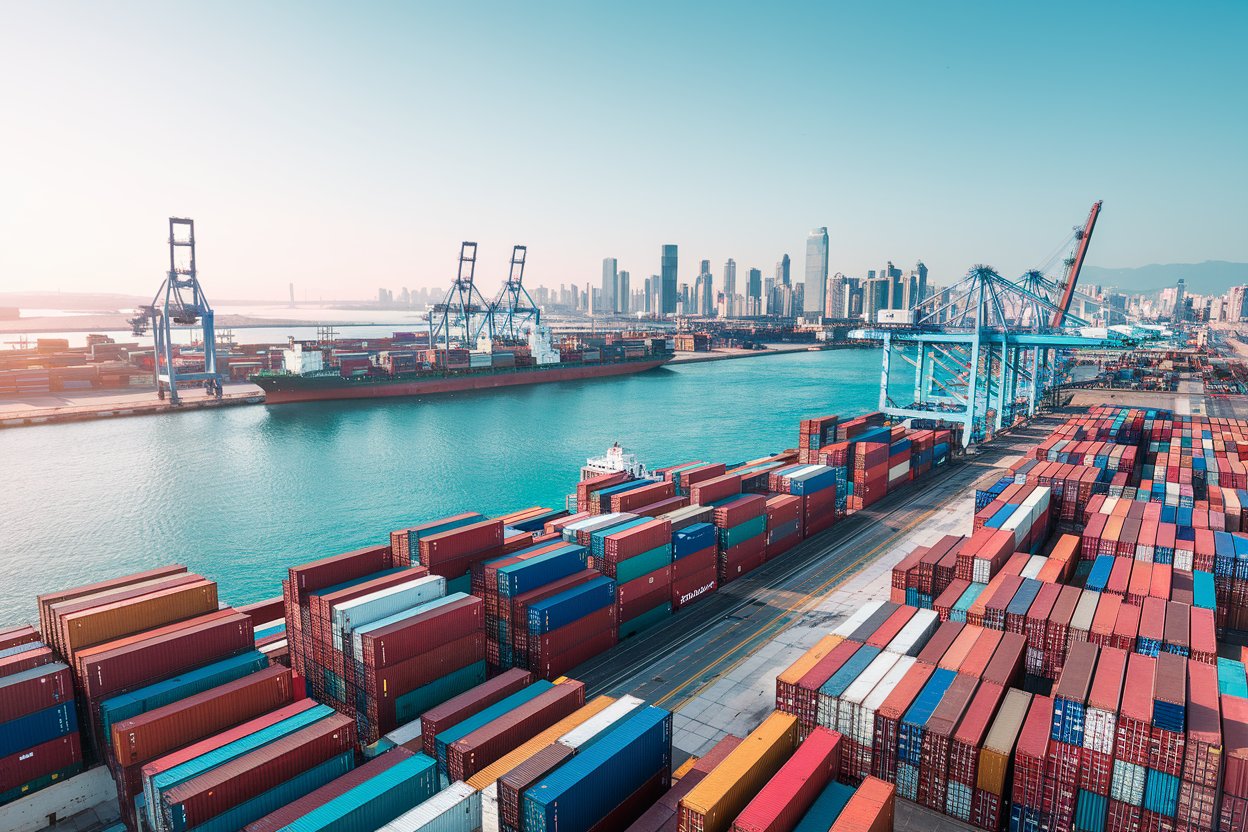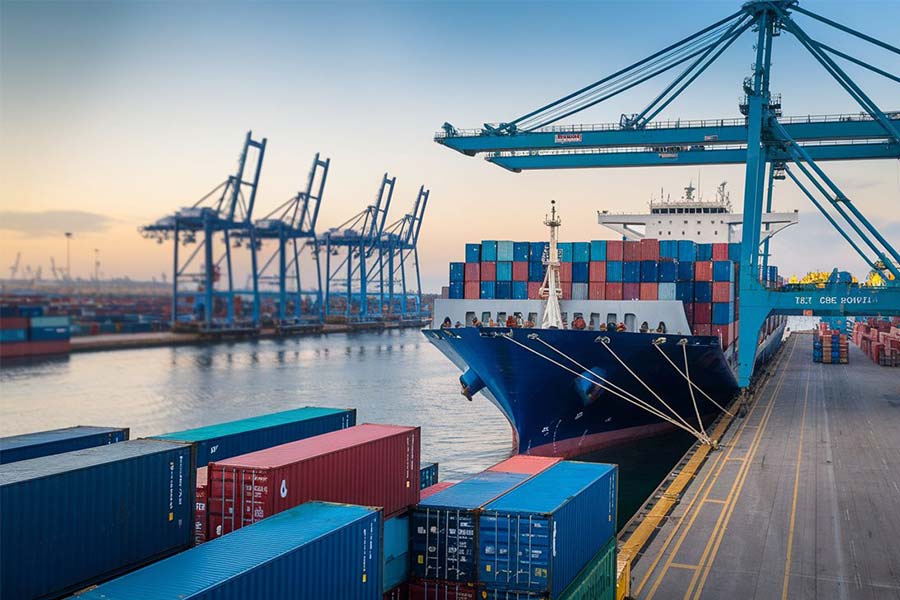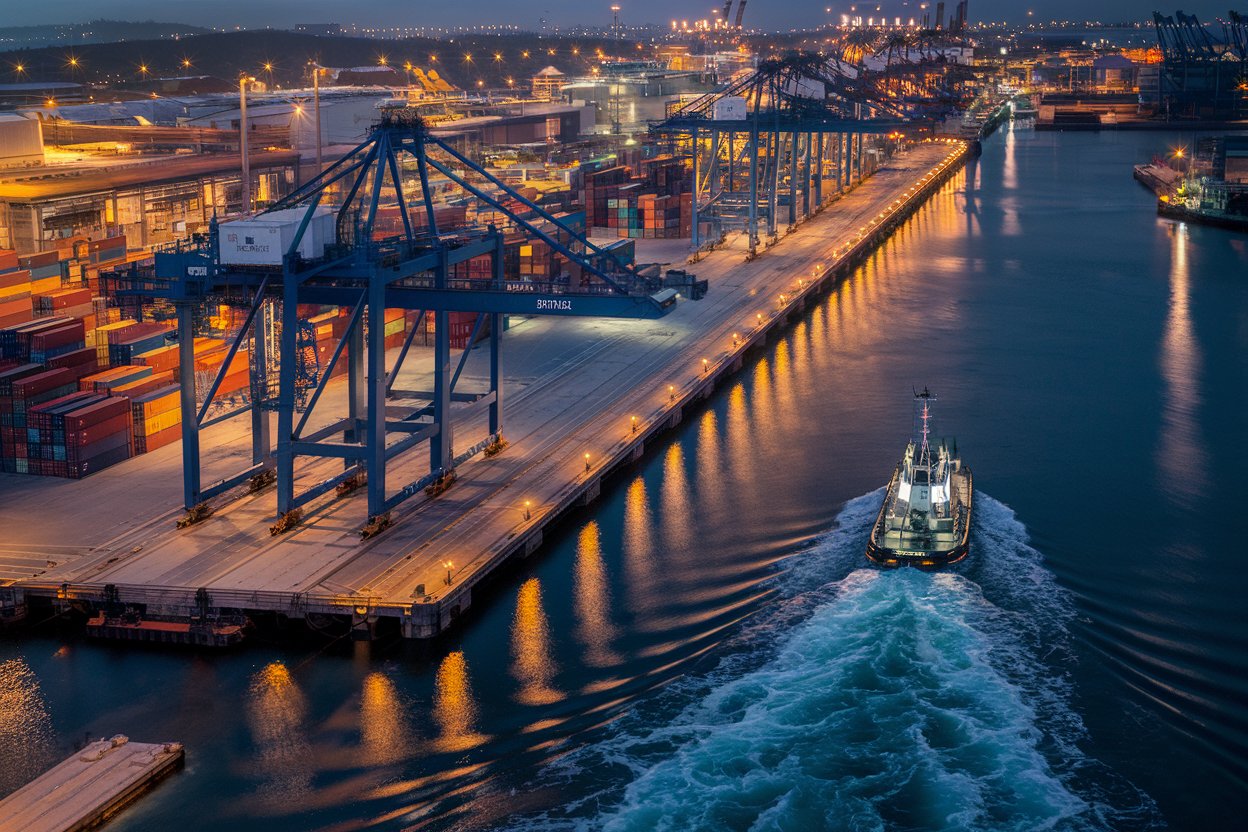- 20 Years of Expertise in Import & Export Solutions
- +86 139 1787 2118
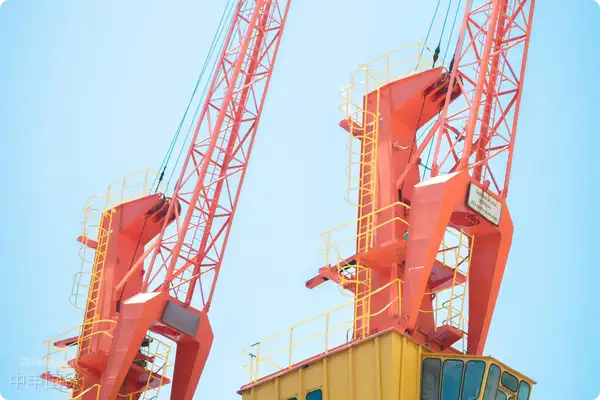
Introduction
In the increasingly interconnected global trade landscape, Russia's food and beverage market holds immense business opportunities. For enterprises interested in importing food and beverages from Russia, understanding the relevant import procedures, trade dynamics, and professional support services is crucial. This article will delve into the topic of importing food and beverages from Russia.
Professional document processing and logistics arrangement
During the process of importing Russian food and beverages, document handling is an extremely critical step. From commercial invoices and bills of lading to packing lists, each document must be accurate and error-free. The commercial invoice must detail the description, quantity, value, and other information of the goods, which serves not only as a crucial basis for customs declaration but also for subsequent...?Foreign exchange settlement?Key documents in various processes. The bill of lading serves as proof of ownership of the goods, ensuring accurate and error-free delivery to the importer.
Our company has extensive experience in document processing, enabling us to accurately and efficiently prepare and review various types of documents. Our professional team is well-versed in the specific requirements of Russian customs for food and beverage import documentation, such as detailed labeling of food ingredients, production dates, and other relevant information. This effectively prevents cargo detention or delays caused by documentation issues.
Logistics arrangements are equally crucial. Russia's vast territory means significant variations in transportation conditions and timeframes across different regions. For goods like food and beverages, which are highly sensitive to transportation time and conditions, selecting the appropriate logistics method is essential. If the shipment volume is large,?Ocean shipping?It may be a more economical option, but it is necessary to plan the transportation time in advance to ensure that the goods arrive smoothly within their shelf life. As for some products with higher timeliness requirements,?air freight?It would be more appropriate, as although the cost is relatively higher, it can significantly shorten the transportation cycle.
Our company has established long-term cooperative relationships with numerous internationally renowned logistics companies, enabling us to provide customized logistics solutions tailored to our clients' needs. Whether it's door-to-door service or port-to-port transportation, we ensure the safe and timely delivery of goods.
Advantages of VTB Foreign Exchange Settlement in the Russian Market
When conducting trade with Russia, the settlement process is crucial. VTB, as one of Russia's major banks, offers our clients unique convenience in settlement.
Foreign exchange settlement, simply put, is the process of converting foreign currency earned from exporting goods into domestic currency. In trade with Russia, settling foreign exchange through the VTB channel offers numerous advantages. Firstly, VTB has an extensive network of branches and a solid business foundation within Russia, which ensures smoother capital flow. Issues such as cumbersome procedures or delays that might be encountered with conventional banks can be effectively resolved through VTB.
Regarding the specific process, after the exporter completes the delivery of goods and submits the required documents, VTB Bank will conduct a review based on the trade contract and relevant documents. Upon approval, the foreign exchange will be converted into RMB or other agreed currencies at the prevailing exchange rate and paid to the exporter. Throughout this process, VTB's efficient processing mechanism ensures timely fund transfers, facilitating smooth cash flow for businesses.
Our company, leveraging our strong cooperative relationship with VTB, can assist clients in smoothly completing the foreign exchange settlement process, thereby avoiding financial risks and trade disputes caused by settlement issues.
Southeast Asian market?Import/export?Process and Solution
Although we primarily focus on the Russian market, we also possess in-depth understanding and extensive experience in the Southeast Asian market.
Regarding the import process, the first step is market research and supplier selection. Southeast Asia comprises numerous countries, each with distinct characteristics and regulatory requirements in their food and beverage industries. For instance, Thailand is abundant in tropical fruit products, while Malaysia is renowned for its palm oil-related food items. When selecting suppliers, it is essential to thoroughly evaluate factors such as their reputation, product quality, and production capacity.
Next is the signing of the trade contract. The contract must clearly specify key terms such as product specifications, quantity, price, delivery period, and payment methods. For food and beverage products, quality standards and inspection and quarantine requirements must also be explicitly stated.
The next step involves document preparation and customs declaration. The documentation requirements for importing food and beverages vary across Southeast Asian countries, but generally include commercial invoices, bills of lading, packing lists,?Certificate of Origin?Books and health certificates, among others. Taking Indonesia as an example, it has strict regulations on the labeling of imported food products, which must include detailed information such as the product name, ingredients, production date, and expiration date, all of which must be labeled in Indonesian.
In terms of logistics and transportation, the Southeast Asia region has well-developed waterway transportation. For large quantities of goods, shipping them to the destination port via sea freight is a common choice. However, the inland transportation infrastructure in some countries may be relatively weak, which requires advance planning of inland transportation solutions to ensure the smooth delivery of goods to their destinations.
Our company offers one-stop import and export solutions tailored to the characteristics of the Southeast Asian market. From preliminary market consultation and supplier screening, to mid-term contract signing and document processing, and finally to logistics, transportation, and customs clearance services, we provide professional support to our clients at every stage.
Challenges and Opportunities in the Current International Trade Landscape
The current international trade situation is complex and ever-changing, presenting both numerous challenges and opportunities for the import of Russian food and beverages.
In terms of challenges, the rise of trade protectionism poses a significant obstacle. Some countries may impose high tariff barriers or implement strict import quota systems to protect their domestic industries. For Russian food and beverage imports, this could lead to a substantial increase in costs, affecting the market competitiveness of the products. Additionally, the constantly evolving trade regulations and standards in various countries further complicate the import process. For instance, standards on food additives and environmental requirements for food packaging vary from country to country, requiring importers to stay vigilant and ensure compliance with all relevant regulations.
However, opportunities also exist. With the gradual recovery of the global economy, consumer demand for imported food and beverages continues to grow. Russian specialty products, such as caviar and vodka, hold unique appeal in the international market. Moreover, with the rapid development of e-commerce, online sales channels have opened up broader market opportunities for imported food and beverages. Businesses can leverage e-commerce platforms to directly reach global consumers, reducing marketing costs and enhancing brand awareness.
Product Certification Services
When importing Russian food and beverages, product certification is an essential step. Russia has strict certification requirements for imported food and beverages, such as GOST certification. GOST certification is the Russian national standard certification, which proves that the product complies with Russian quality, safety, and hygiene standards.
Although our company does not directly provide certification services, we will fully assist clients in completing the certification process. Our professional team is well-versed in the certification procedures and requirements, and can offer detailed guidance to help clients prepare the necessary materials. From the submission of certification applications to sample testing and finally obtaining the certificate, we provide practical advice and support to ensure a smooth certification process.
In summary, importing Russian food and beverages requires a comprehensive understanding of each step and full utilization of professional?Foreign trade?Agency services must seize opportunities and tackle challenges to achieve success in this field.
? 2025. All Rights Reserved.
